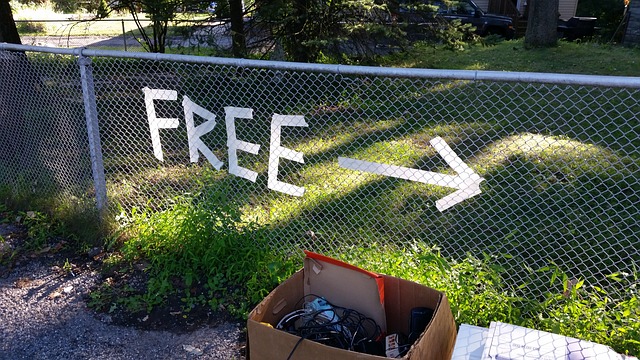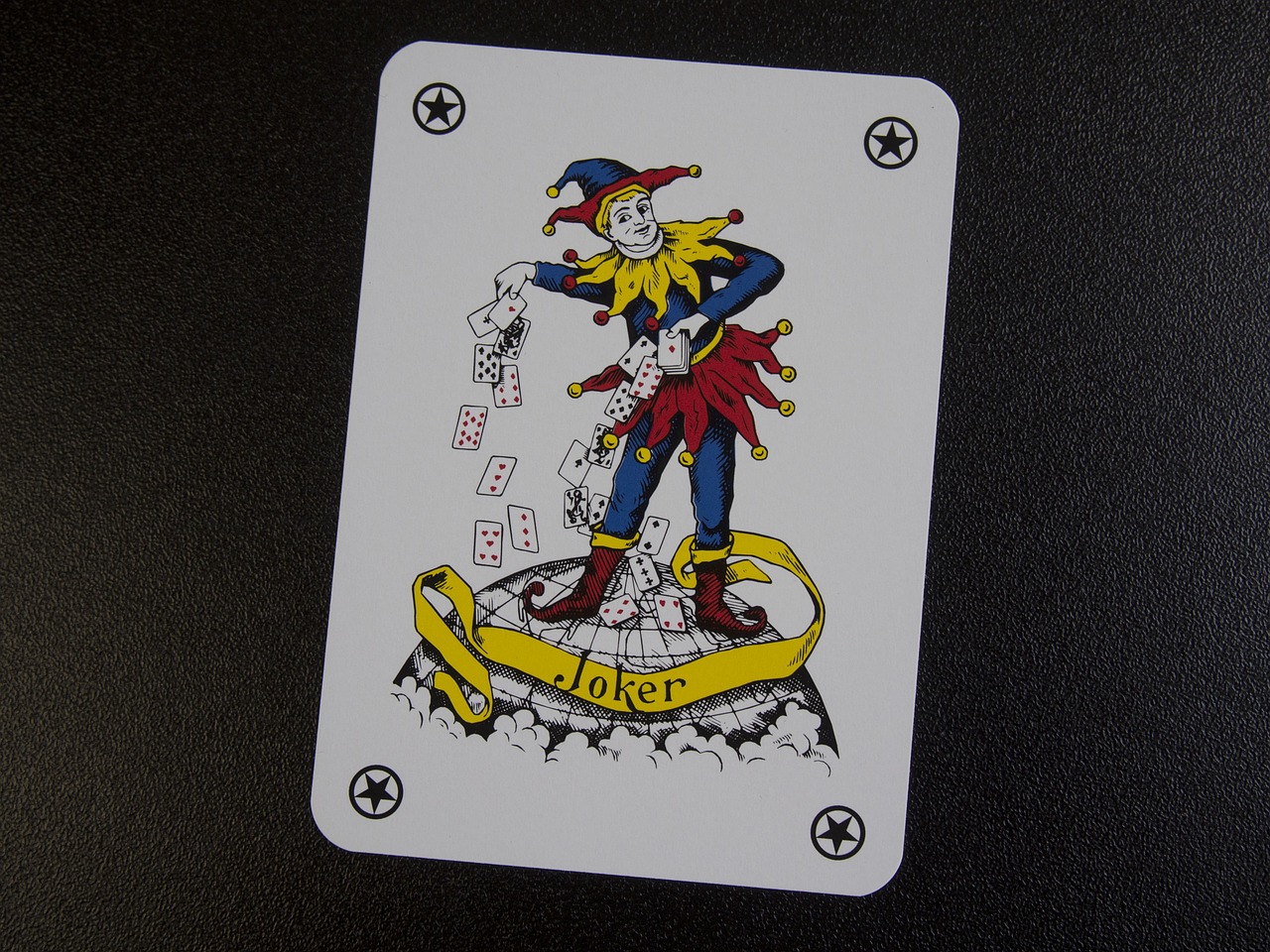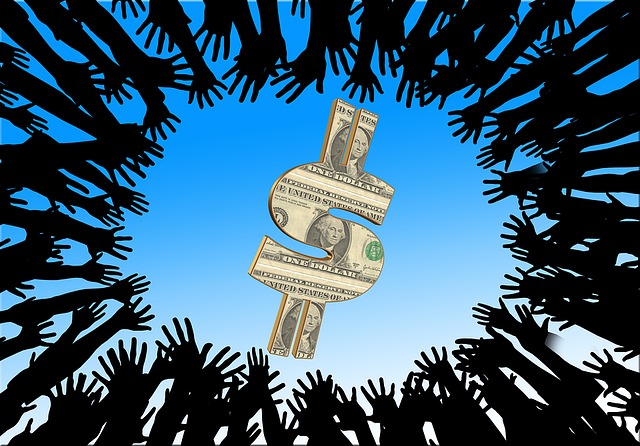SELF-PUBLISHING IN 2023? – How Many Book Sales Needed to Recoup Your Investment?
Considering self-publishing? How many copies would you need to sell to earn back your investment? Compare these 17 popular POD publishers!
Considering self-publishing? How many copies would you need to sell to earn back your investment? Compare these 17 popular POD publishers!

Thinking of using BookBaby to publish your next book? You probably want to read these stinging complaints from their authors first…

CreateSpace is a mess. The process to get the proof is no problem. Everything was going swell until I ordered 50 copies on the 9th of January and chose expedited shipping. They shipped it standard, then it took 5 days to print the book, then another 5 days to get it to USPS. Then it was sent off, only to be delayed another 2 days. Now it’s the 20th and I need it for a book signing on the 23rd and there’s no way it’s getting from Pennsylvania to Lafayette, Louisiana in 2 days. Hopefully your service will be done correctly.

Over the last 2 weeks, we’ve received reports from authors that another well-known P.O.D. publisher recently kicked the bucket. In their email notice (which used the word “regret,” but offered no apologies, nor an explanation), they told authors to pay them ($250 to $300 per author!) if they wanted copies of their production files and an ISBN. That’s right. AFTER those authors paid upwards of $1,000, $2,000 or even more to get published, the publisher is trying to drain their wallets further…as they’re kicking those authors out the door…

Playing on an author’s vanity is one of the most common marketing ploys used in the publishing services industry. From promises of wealth and fame to ridiculous “your book can be a movie!” promotions, there is seemingly nothing these clowns won’t do to dig deeper into their authors’ pockets.
UPDATED: 04/15/2016 SUMMARY (see details about each firm below) BookLocker: $675 (Deduct $200 if submitting your own cover.) Lulu: $1,089 Infinity Publishing: $1,097 (includes 5 “free” copies) CreateSpace: $1,151 (Deduct $299 if submitting your own cover. Add $500 if you want more than one image or color on your cover.) Trafford: $1,474 Xlibris: $1,723 iUniverse: […]

When I see the words “free publishing guide,” I think somebody is going to send me a free ebook that is an actual, factual, non-biased guide about the publishing industry, and/or the publishing process. I don’t think, “Wow, I’m just going to get a big, boring advertisement in exchange for all my contact information!”

During BookLocker’s quick publishing process (we usually get a book on the market within a month), a former AuthorHouse author expressed amazement at how simple it was compared to AuthorHouse’s ridiculous, time-wasting process. The author calls their system, “inefficient, and unfair to the author…”

It’s been another three years since the last update so we thought we’d pop into their forums once again. Unfortunately, there are still plenty of complaints (new ones, of course)…

POD Publishers that use Ingram’s printing division to print their books incur an annual fee, which is charged by Ingram for each title/ISBN. Ingram calls this their “Catalog Fee.” It provides: “Access to our worldwide distribution channels (the largest portfolio of wholesalers, distributors and booksellers worldwide).” Basically, this means they send out an automated feed to bookstores that includes all the available titles. It typically costs publishers $12 per year to keep a book in Ingram’s system…

Most authors assume, when they read “35% royalties” or “50 royalties,” that they’ll be getting that percentage of the list price of the book each time a copy sells. And, with many POD publishers, that is the case. But, some have confusing clauses in their contracts that state the percentage is actually based on the publisher’s net income…

Tempted to sign up with one of those P.O.D. publishers that are claiming to be FREE? You’ll first need design experience so you can layout a professional book interior, and create a professional cover.
In addition, if you really want to get your book published for “free”, in some cases you can forget about having an ISBN (which online and brick and mortar bookstores as well as libraries require), forget about being distributed by Ingram, the world’s largest book distributor, which distributes book listings to online and physical bookstores across the globe, and forget about a lot of other things as well, including a print proof to check before your book goes to market…

Your book is finally on the market. You’re printing business cards, updating your website, and sending out press releases. You know you’ll get higher royalties when someone buys your book from your publisher’s website so you send people there. But, wait! What does your publisher’s homepage tell your readers about your book?

I have always been offended by over-the-top marketing verbiage. Saying something is a “good deal” is one thing but trying to tell me a product or service is going to “make my dreams come true” is insulting to an individual’s intelligence. I always wonder how people can fall for so much of the garbage being shoved our way by marketing executives these days…
At BookLocker.com, whenever I notice a mistake in a book, I alert the author. If I notice a few, I will send them a list. These errors can range from the occasional misuse of a word (their vs. there, for example), or a formatting inconsistency (Chapter 1, Chapter Two, etc.), to something like the author’s misuse of the term Prologue at the end of the book (should be Epilogue).
Since we send the formatted file back to the author for any final changes, they have the opportunity to make any corrections at no extra charge at that point in the process. Alerting the author when we notice an error helps them avoid future reader complaints and, of course, bad book reviews.
Here’s a dirty secret you won’t hear anyone talking about among P.O.D. publishers. Some of them see mistakes, and purposely allow them to remain in the book…

This week, we’re going to show you why reading contracts is imperative when considering a P.O.D. publisher…
This week, we’re going to look at how some P.O.D. publishers upsell (nickel and dime) authors on products and services that should already be included in their outrageous setup fees.
Writing a book is hard. Publishing and promotion can be difficult as well. Most authors are professionals but some still fall for the outrageous marketing verbiage dished out by some of the Print on Demand (P.O.D.) publishers. A lot of this garbage is downright insulting. Do authors really fall for this stuff? Unfortunately, some do!

While self-published books don’t carry the same stigma they did even as recently as a few years ago, they still aren’t considered on the same tier as traditionally published books. So, most self-published authors don’t want to make a big deal out of the fact that their book is “self-published.”

There seems to be no shortage of ways that POD publishers can concoct to separate authors from their money. Here are a few DOOZIES that we bet cost far more than most (if not all) authors will ever earn back in resulting book sales.